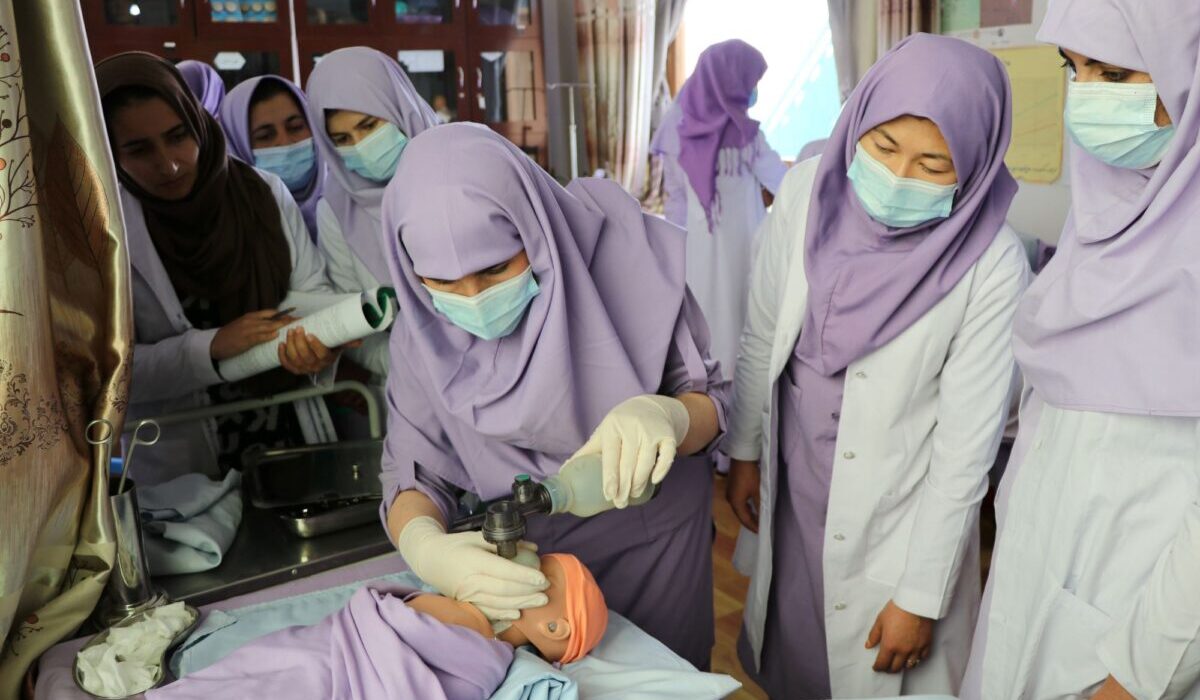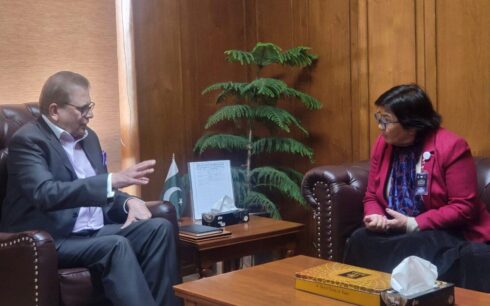The Swedish Committee for Afghanistan in a statement called the Taliban’s ban on women’s medical education a “devastating setback” that endangers women’s access to essential healthcare.
Announced earlier this week by the Taliban’s Ministry of Public Health, the prohibition prevents women from attending medical institutes, compounding previous restrictions barring women from universities, the organization said.
According to the organization, heart-wrenching images have surfaced showing female medical students being sent home in tears, further underscoring the human toll of the policy.
The ban poses an acute threat to Afghanistan’s fragile healthcare system, particularly in a country where cultural norms often prohibit women from receiving medical care from male practitioners, the Swedish Committee said.
The shortage of female healthcare professionals—already a critical issue—will only deepen, jeopardizing maternal and child health across the nation, it added.
“The consequences are catastrophic,” the SCA said, noting that the country’s maternal death rate is among the highest in the world, with over 600 women dying per 100,000 live births. That figure is nearly three times the global average, according to United Nations estimates.
Efforts over the past two decades had led to significant progress in reducing maternal mortality, bolstered by initiatives such as community midwifery training. The SCA alone helped train 450 midwives in the years before the Taliban’s return to power in 2021.
Since the Taliban seized control, restrictions on women’s education have escalated. This latest measure could erase much of the progress achieved over the last 20 years. The fate of NGO-provided training programs for nurses and midwives remains unclear, further compounding concerns, said the SCA.
Calls for reconsideration
The Swedish Committee urged the Taliban to reverse the decision immediately and invest in education for female medical professionals. It also called on the international community to support Afghan women in their vital role within the healthcare system.
“Without a new generation of trained female healthcare workers, countless lives will be at risk,” the organization warned.
Afghanistan’s healthcare system, already battered by decades of conflict and economic instability, now faces an uncertain future—one that experts fear could push its most vulnerable populations to the brink.





